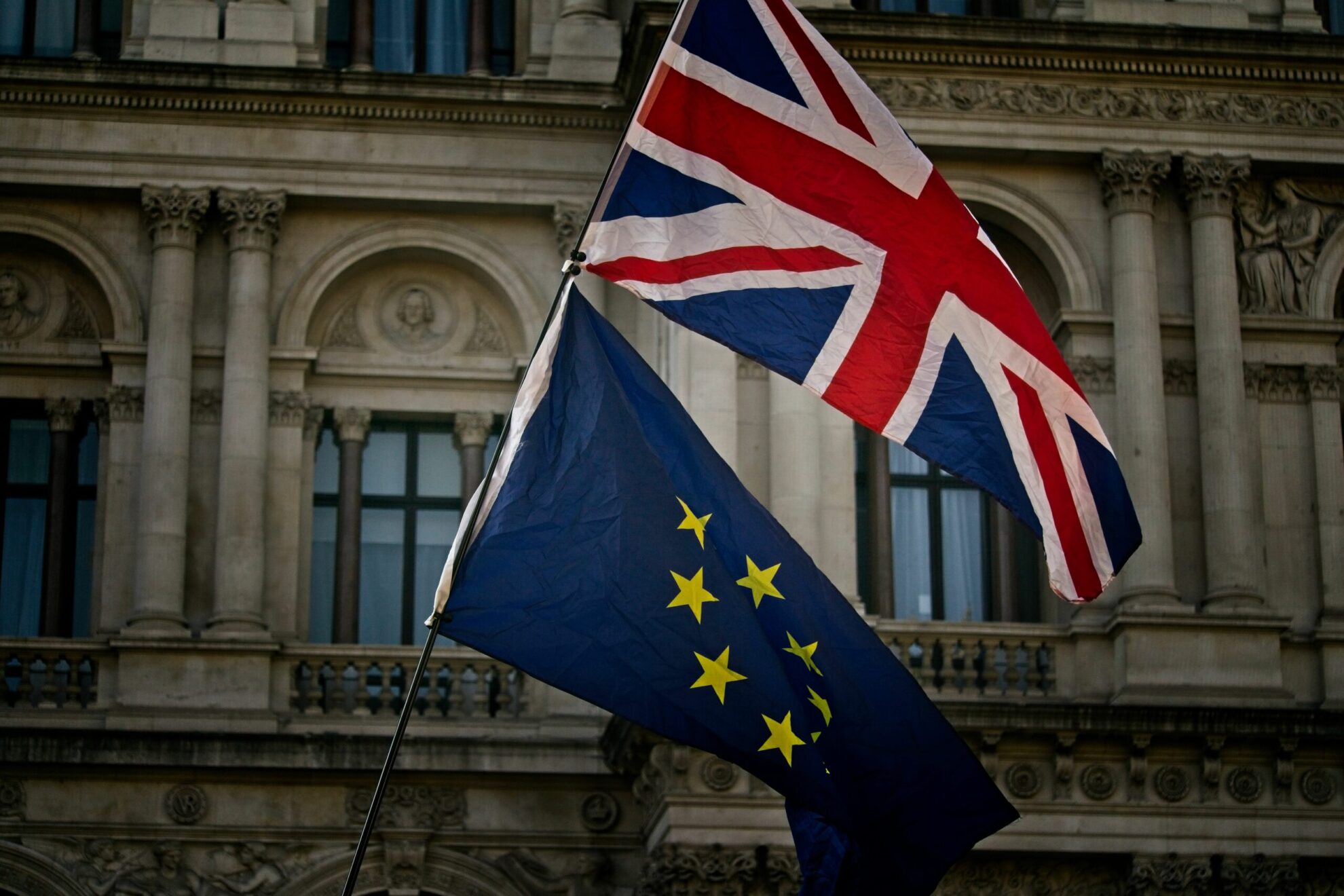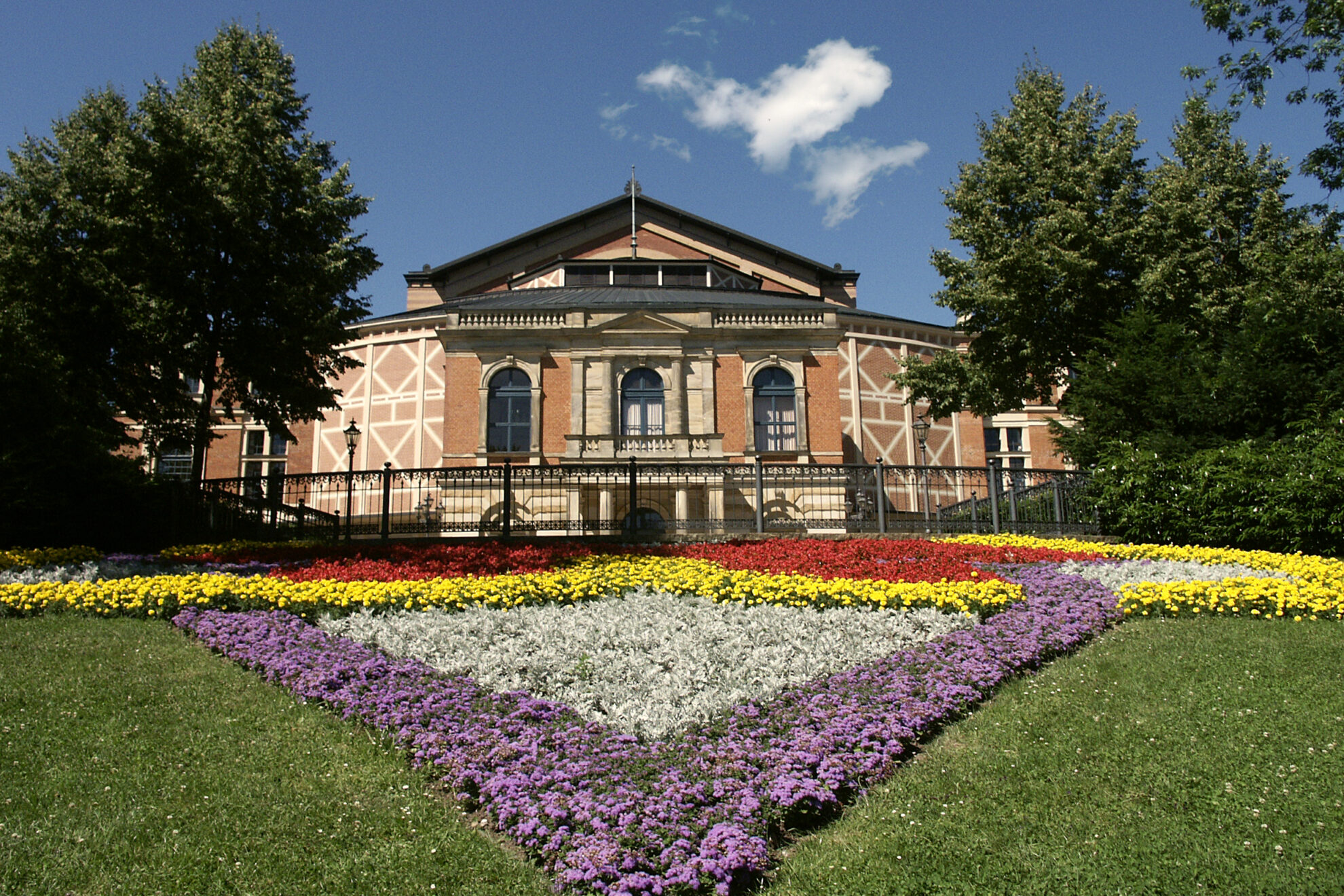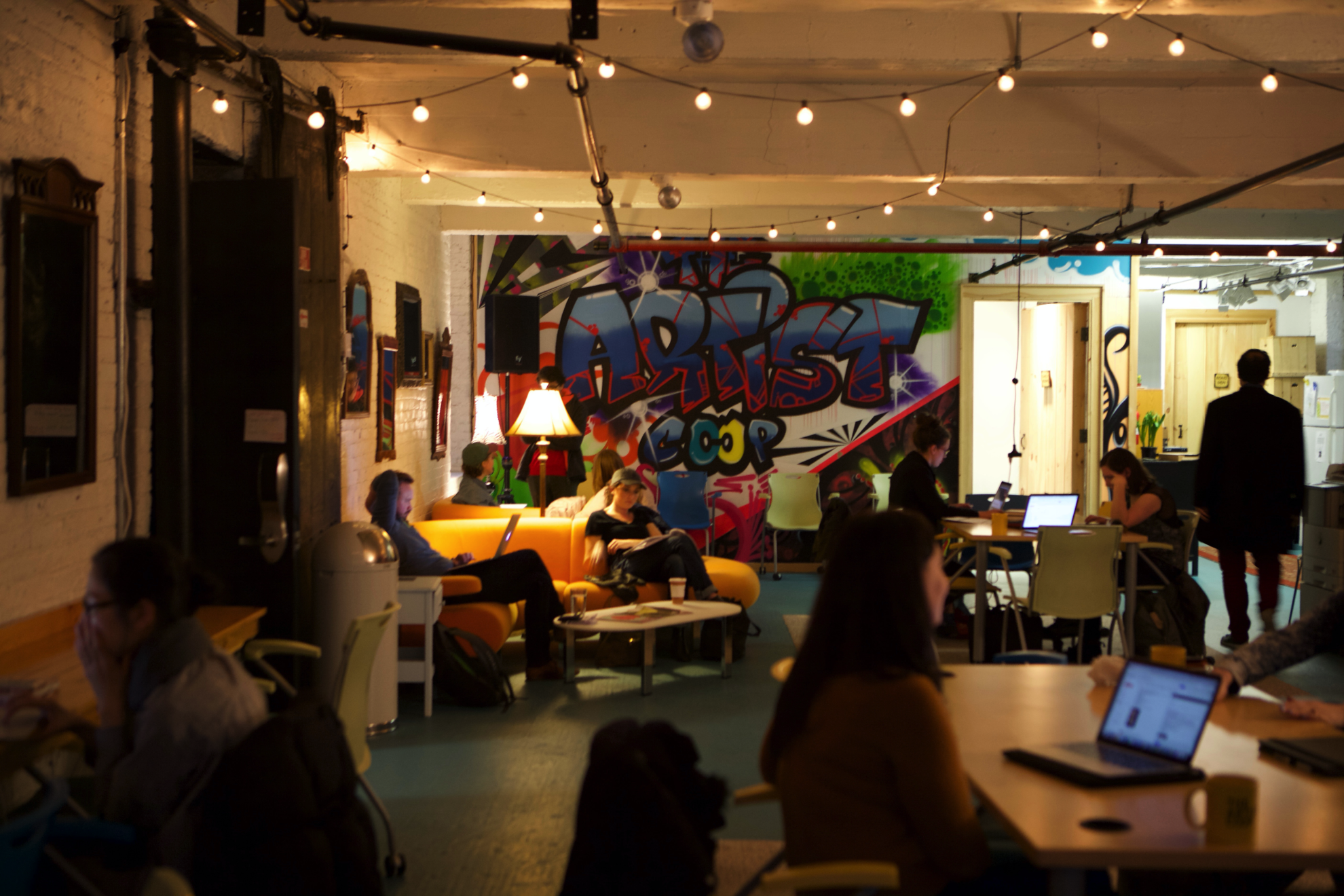When the UK’s Brexit transition period ends on December 31, 2020, gloomy prospects await Britain’s arts and culture sectors. Huge swathes of funding will become mere memories and opportunities for cross-cultural connections and development will be shrouded in uncertainty.
Funding the Arts After Brexit
Funding cuts as a result of leaving the EU have been hitting many British sectors, and the arts are no exception. In November, the University of Manchester published the study Arts After Brexit. It predicted a two-year “artistic hiatus” as the UK loses vital financial support from the EU.
Dr. Charlotte Faucher, British Academy Postdoctoral Fellow in History, is the author of the Arts After Brexit study. She writes, “After 31 December 2020, the UK will no longer be eligible to be the lead on the major EU cultural and creative program, Creative Europe, which gave grants to UK projects worth an average of €18.4 million a year between 2014 and 2020.”

In 2018, the Arts Council England made similar predictions. It suggested England would miss out on an estimated £40 million a year in arts funding thanks to Brexit. At least 1,300 cultural projects received funding amounting to around £345 million from the EU between 2007 and 2016.
The Creative Europe program supports European audiovisual, cultural and creative sectors. In February this year, the UK government announced the decision not to participate in the next round of funding. This means losing out on a share of €1.46 billion (£1.3 billion) earmarked for cultural projects in Europe.
“Impoverished Future” for Britain
In reaction to the decision, over 680 cultural organizations and figures signed an open letter to the UK’s cultural secretary Oliver Dowden. They wrote that the withdrawal from the Creative Europe fund “threatens an impoverished future for British creativity and sends the message that the UK is closing itself off to our nearest neighbours”.
The UK’s cultural institutions will now have to rely on local authorities for funding. But Faucher notes that funding the arts has thus far been low on the list of Britain’s priorities. Local councils have been spending less on cultural sectors than any other European country.
In contrast, Germany recently approved a record-high cultural budget of €2.1 billion, which is €155 million more in 2021 than it was during the pandemic-ravaged 2020.
The Cultural Loss of Brexit
Beyond financial concerns, the UK looks set to become culturally isolated from Europe after December 31. Post-Brexit, Britain’s arts and culture sectors will struggle to offer diversity, so often rooted in cross-cultural exchanges with Europe. Faucher adds, “Nor will it benefit from partnerships with organizations based in the EU which have been so important for innovation and knowledge exchange over the past decades”. She cites UK cinemas as an example, which may find themselves unable to offer screenings of European films without EU financial support.
Artists from the EU
There is also a deep concern in the arts sectors over the employment of workers from EU countries. Commissioning and hiring EU artists and performers will now mean an administrative nightmare of extra insurance, visas and travel restrictions. The additional bureaucracy will weigh heavily on the pockets and resources of small and medium-sized arts organizations in the UK.
James Bird is Head of External Affairs and Policy at the Southbank Centre in London. He talked to Arts Council England about the impact of Brexit. “We will do our best to maintain and improve our links with European partners regardless of the Brexit outcome – however restrictions on freedom of movement of people and goods will inevitably make it that bit more onerous to carry out business with our European colleagues in terms of planning and admin and make it that bit harder to maintain networks and relationships.”

Additionally, European artists and important figures in the cultural sectors are being deterred from applying for posts in Britain due to Brexit. Emilie Gordenker, Director of the Van Gogh Museum in Amsterdam, said she was headhunted for positions in the UK. However, she chose not to pursue them because of the lack of clarity surrounding the situation post-Brexit.
Furthermore, as Faucher commented, “There’s too much uncertainty – some institutions haven’t made plans with European artists or cultural organisations based in the EU because they cannot afford to plan something, and then to have to change it according to whatever legislation might come in December or January.”
The coronavirus health emergency has also compounded the situation by further complicating travel arrangements.
Forging New Connections with Europe
It is now clear that many official channels of funding won’t be available after Brexit. But some UK arts organizations are seeking alternative ways to ensure funding and connections with Europe. The Site Gallery in Sheffield, for example, is mulling a partnership with Kulturforum, an arts organization in Germany. This may mean the UK gallery would be eligible for EU funding programs even after Brexit if the two organizations bid together.

Other creative solutions include opening European branches of UK institutions and capitalizing on connections between twinned towns and cities. As Faucher writes, “Despite this gloomy picture, I found that there is – at individual, organisational and municipal levels – a will to continue working with cultural organisations in the EU.”
Petition to Allow Easier EU Touring
Meanwhile, there’s currently a petition calling on the UK government to arrange a visa-free Europe agreement for artists and professionals. “After the end of the transition period, we face further hardship when trying to tour the EU on a professional basis, with potentially each country asking for its own visa,” reads the petition that was created by Tim Brennan.
As of Dec. 28, the number of people who have signed the petition was quickly approaching 100,000 signatures, meaning it may be debated in parliament.





